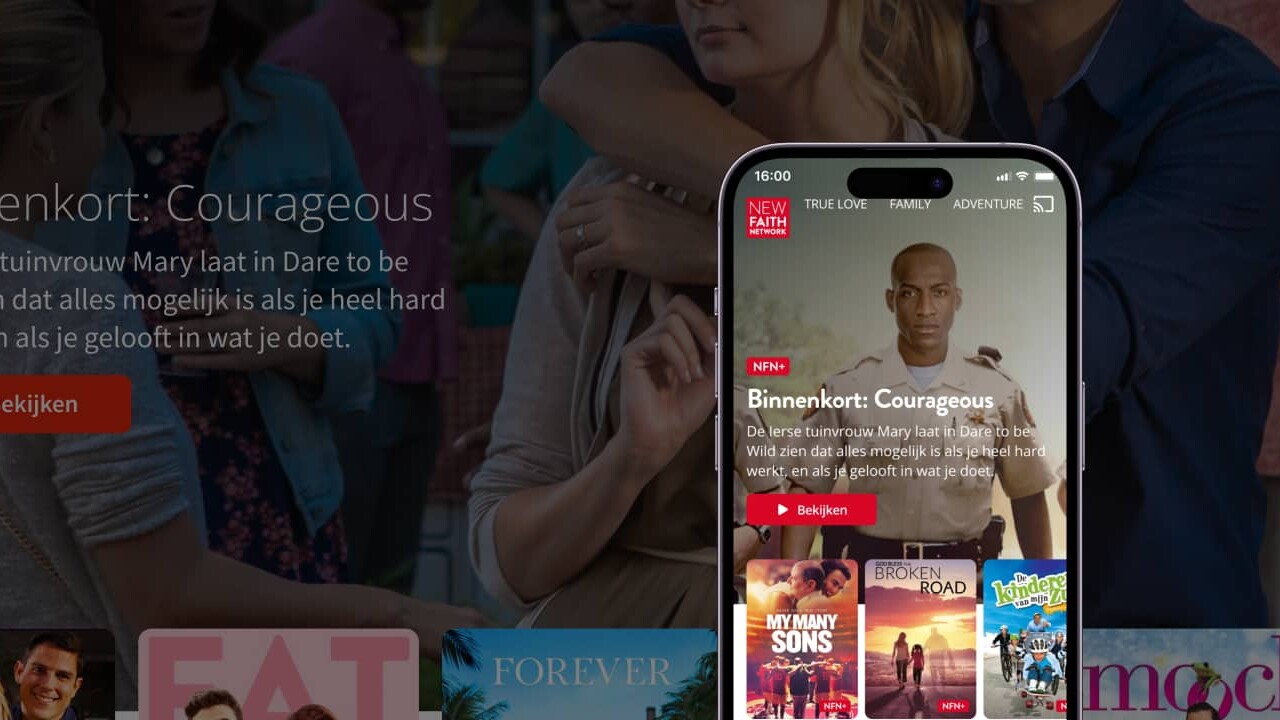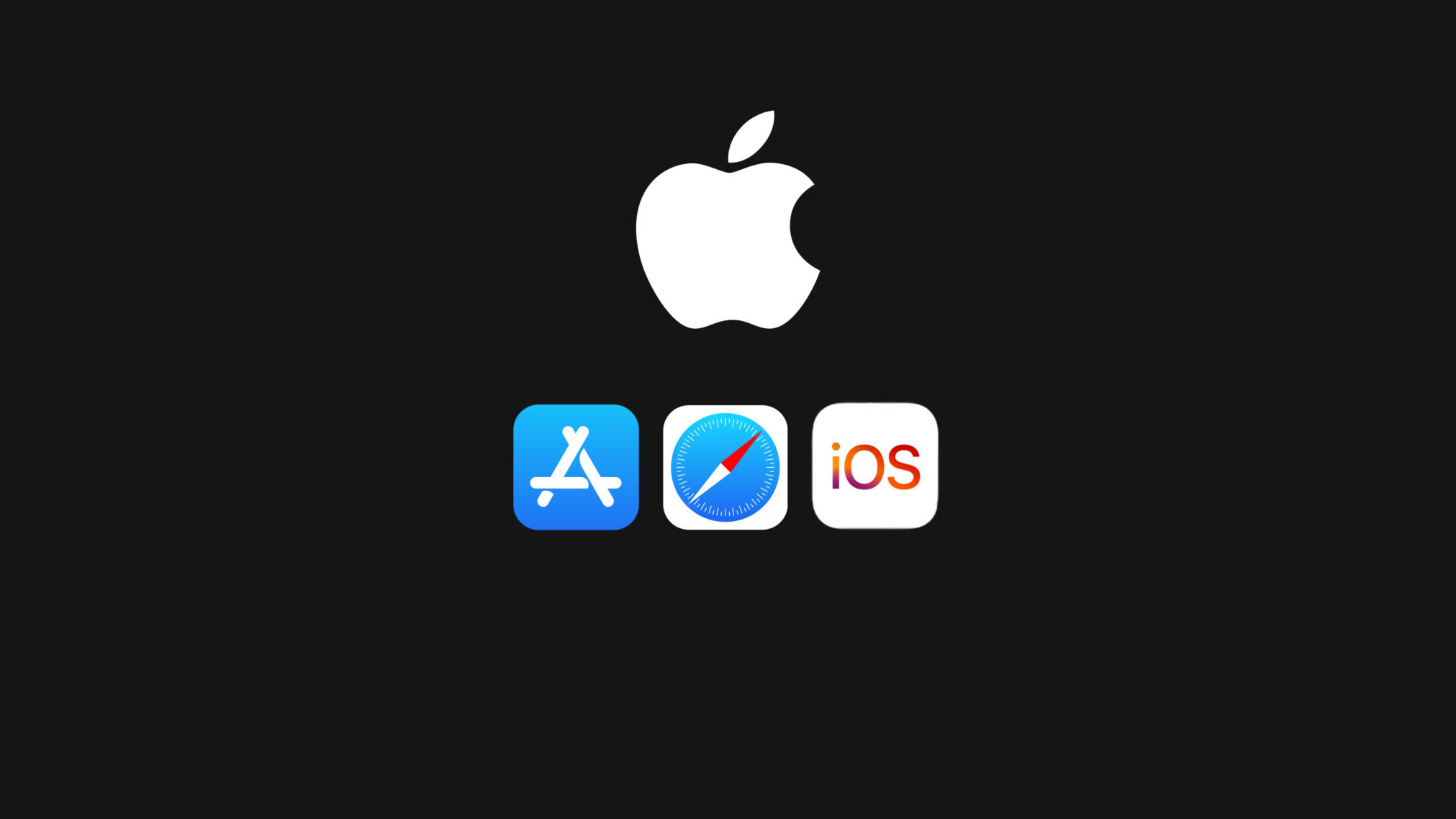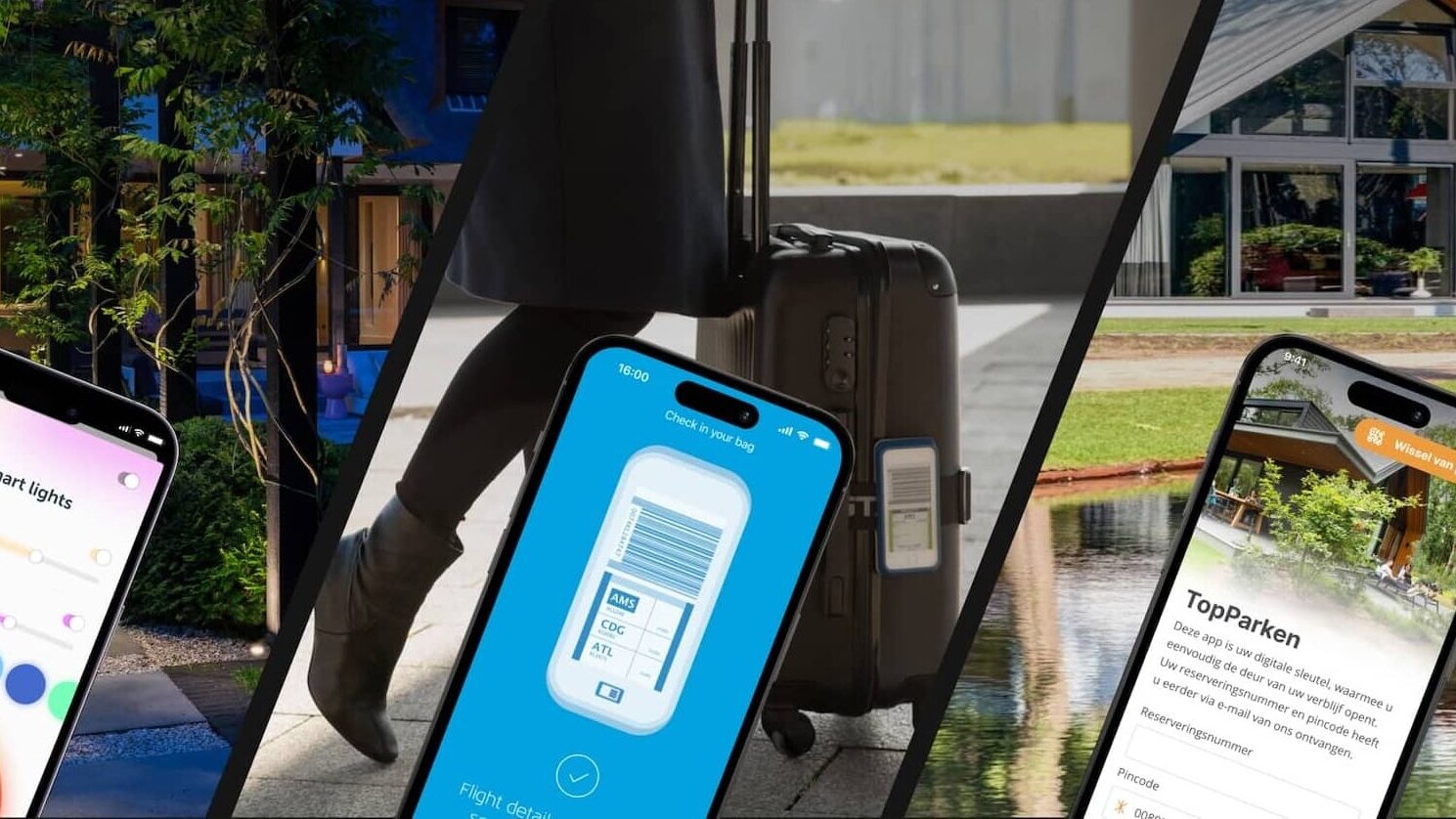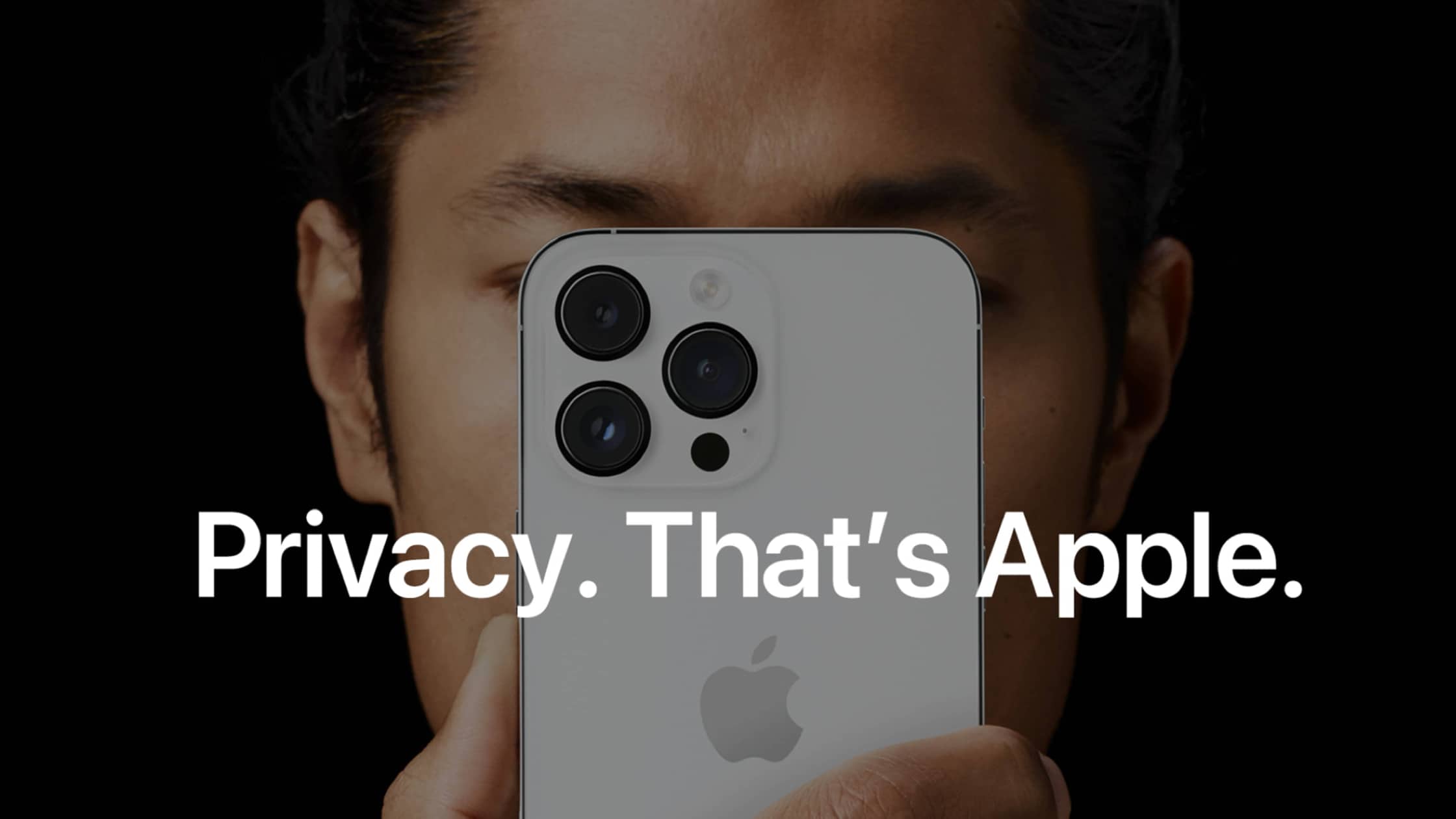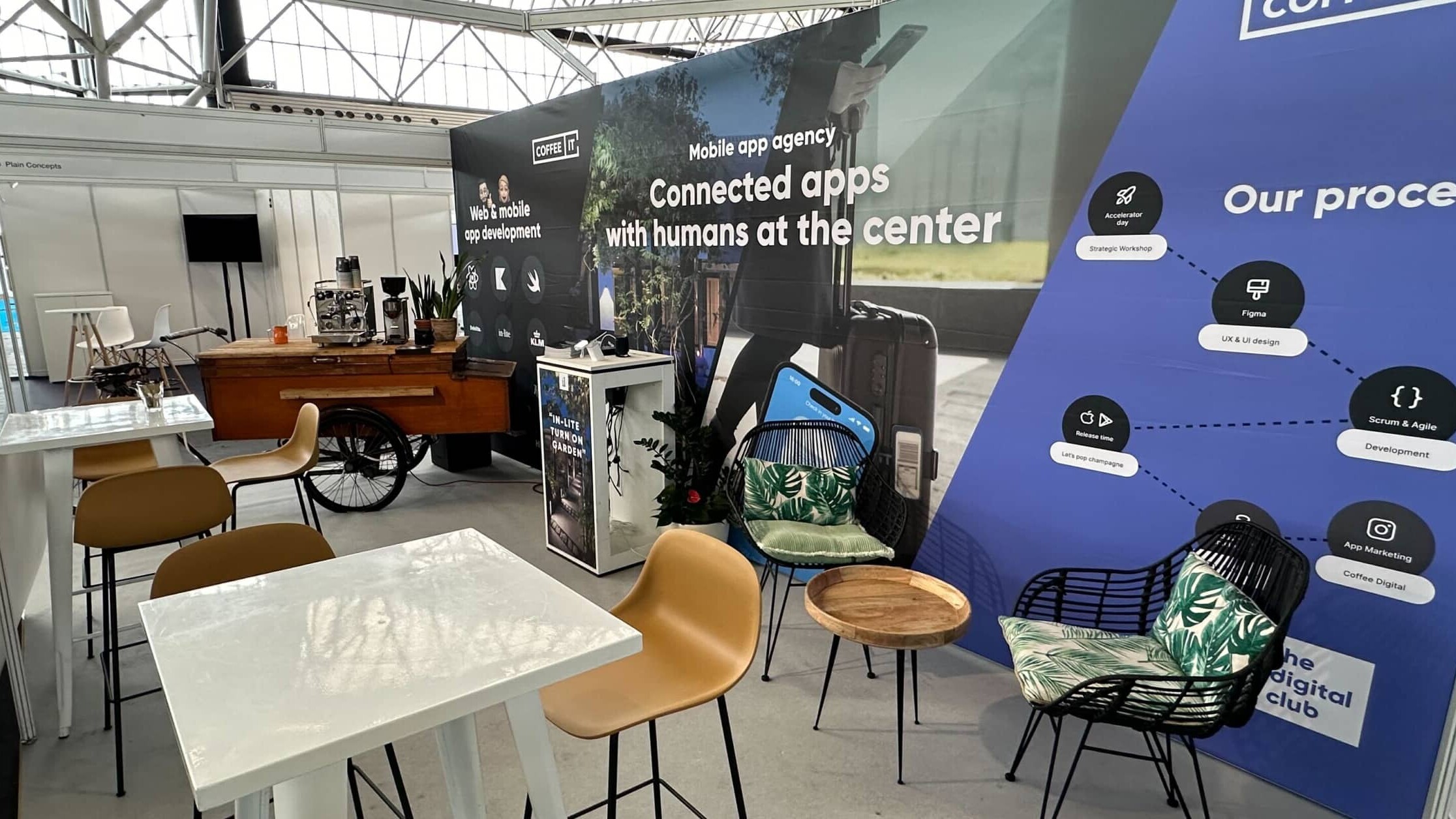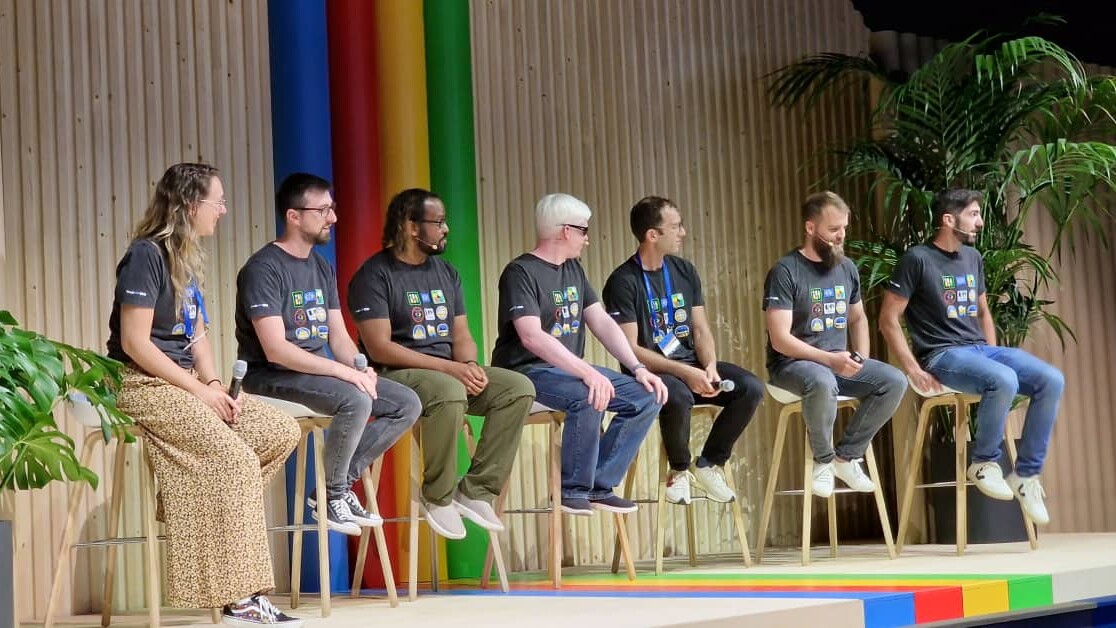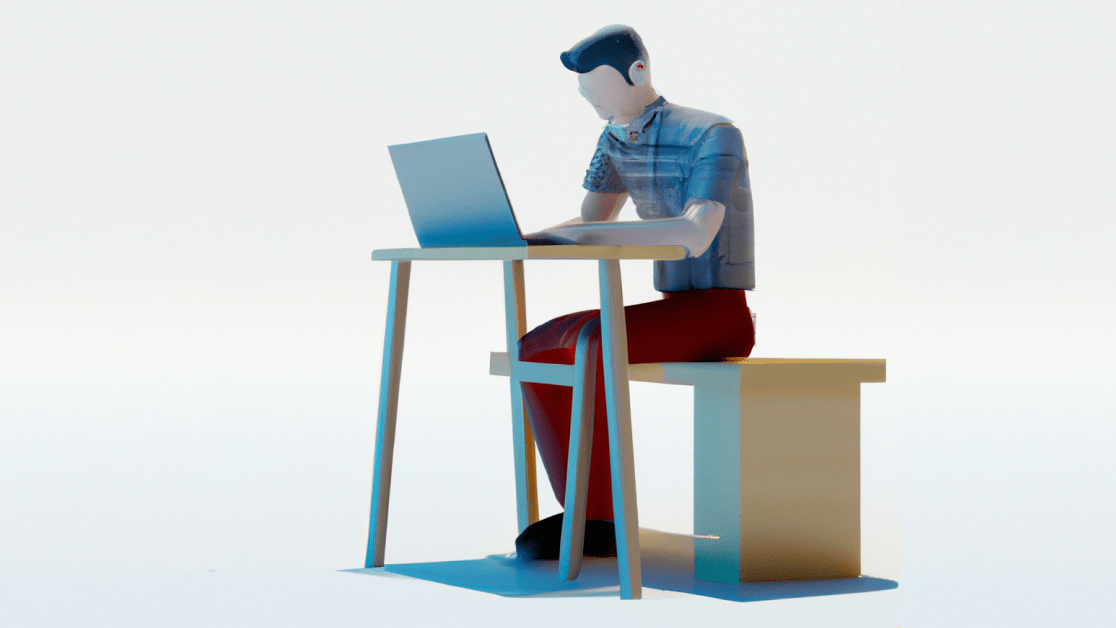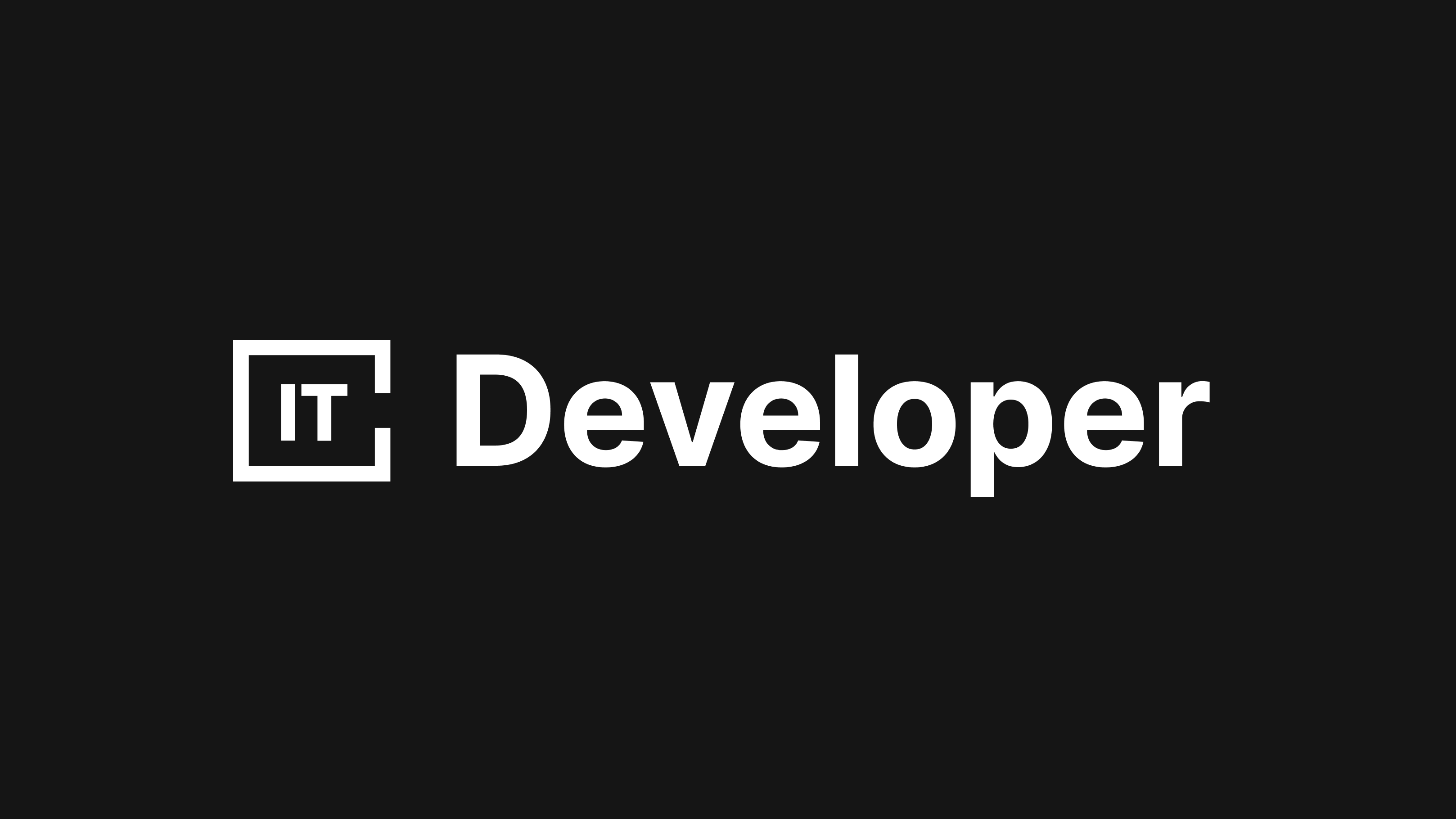Blockchain is the biggest digital revolution since the internet. At least, that's what it's often called. But is this the case and what is blockchain? In this blog we explain what a blockchain is, what advantages it offers and what our experience is with it.
Blockchain is a public ledger. This ledger contains all transactions ever made. Everyone has their own copy of it and can read it in full. Such a ledger is ideal for recording ownership of resources.
Because everyone has a copy of the whole, a blockchain is decentralized. We will discuss the benefits of this later.
A blockchain consists of blocks that are linked to each other. This is how they make a chain together, hence the name blockchain. The transactions are recorded in the blocks. Once a transaction has been included in a block, it is confirmed and can never be changed. The transaction is now confirmed. The new block is then synchronized between all network participants.
Transaction
A transaction is simply a bit of data. This can include a bitcoin, the title deed of a house or a measured temperature from a weather station. In addition to the data, a transaction also contains the sender and recipient. The sender and recipient are identified by their addresses. An address is a cryptographically calculated series of numbers and letters starting with '0x' and is unique per participant. As a private individual, you can also make transactions and buy cryptocurrency yourself. You can find online on this page cryptocurrency exchanges for Dutch users.
Miners
Blocks are calculated. This is done by so-called miners, who calculate a complex formula. This formula is kept in balance. With bitcoin, this ensures that it always takes about 12 minutes to generate a new block. All miners in a network try to calculate the new block as quickly as possible. The winner receives all transaction costs paid for the transactions of the block.
The sender of a transaction must pay the transaction costs. The more he pays, the faster the transaction will be confirmed by a miner.
Benefits of Blockchain
A major advantage of blockchain is that participants do not need a trusted third party to exchange resources of value. A user can also see in his own copy of the ledger whether another user actually owns the claimed data.
Another advantage is that a blockchain is decentralized. This ensures that no party can manipulate the truth. There is no bank that can print new currency, go bankrupt or make questionable investments with its users' capital. No middle man who gets high commissions from transactions. No government that has insight into citizens' resources.
It is also impossible to take the entire network offline. Nobody owns it. A hacker can never attack all miners at once. So there is no central point of attack. It does exist in our current banking system. For example, several large banks have been offline in recent months. The most recent incident was ABN AMRO, which was offline for no less than 5 hours on July 6 (source: Nu.nl).
Screenwriting
Suppose Bart sells his iPhone via Marktplaats. John is looking for a new phone and would like to buy Bart's iPhone. John can then see on the blockchain that Bart indeed has an iPhone. On the other hand, John can prove to Bart that he has enough capital to purchase the phone. This reduces the risk for both parties.
After some negotiation, Bart and John agree on the price and make an appointment. John will now make a transaction to Bart with the agreed capital and Bart will make a transaction to John with proof of ownership. No third party is involved. After a few minutes, the transaction will be included in a block and will be the new truth forever.
Limitations of Blockchain
Transactions can never be reversed. A blockchain is immutable. This means that data cannot be deleted. Something that is in violation of the AVG law. And because everything is public, anyone can read the data. For this reason, among others, blockchain is not suitable for use as a database of personal data. Blockchain in itself is not a holy grail. However, it is extremely suitable for storing proof of property and currency. It is also a good step towards decentralized systems.
What do we do with blockchain?
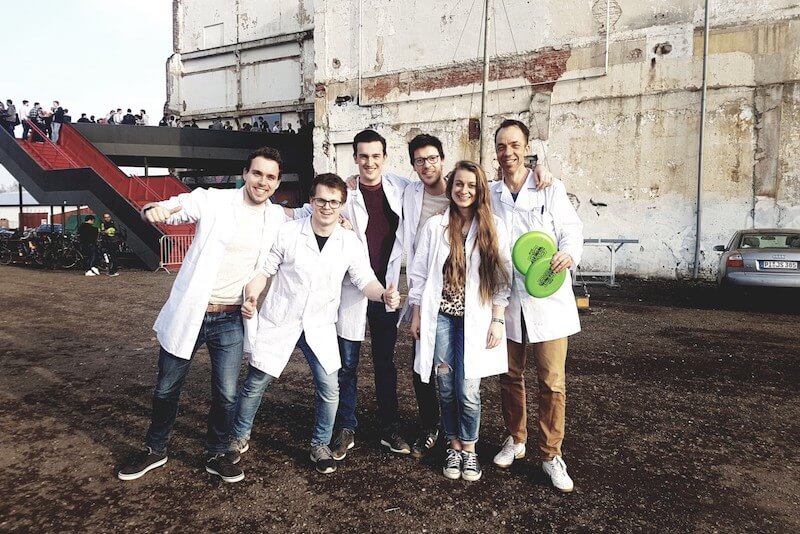
We are busy developing Lemon Soda. Lemon is a decentralized medical record. Our mission is to develop a platform that gives healthcare professionals insight into the patient's entire file, whereby the patient is the owner of his file.
Lemon originated during the largest blockchain hackathon in the world, called Blockchaingers. After this we were invited by UMC Groningen for an accelerator program. UMC Groningen is in fact working on a pilot for this Hospital@Home.
During a Hospital@Home trajectory, the patient is at home instead of in the hospital. This ensures a shorter recovery period. The doctor, nurse and any other professionals will then visit the patient.
Now the professionals communicate through a notebook that is with the patient. Lemon wants to digitize this so that the quality of care improves and so that all professionals always have the most recent data at their disposal.
Conclusion
Although blockchain is not the solution to all our online problems, it is a giant step forward towards a decentralized digital landscape. A landscape where the user has more power over his data and capital.
Blockchain is thus a public ledger in which transactions between individuals are recorded in blocks. A transaction cannot be changed once it has been sent.
